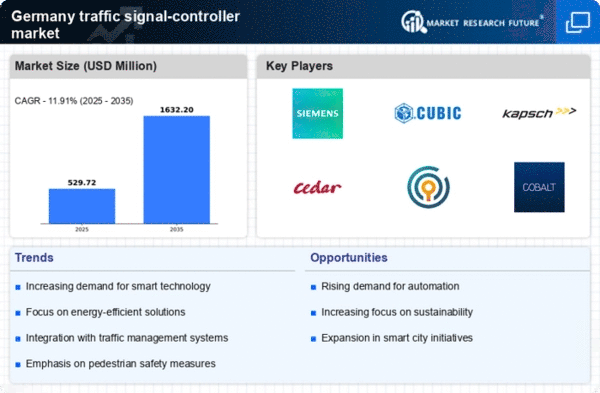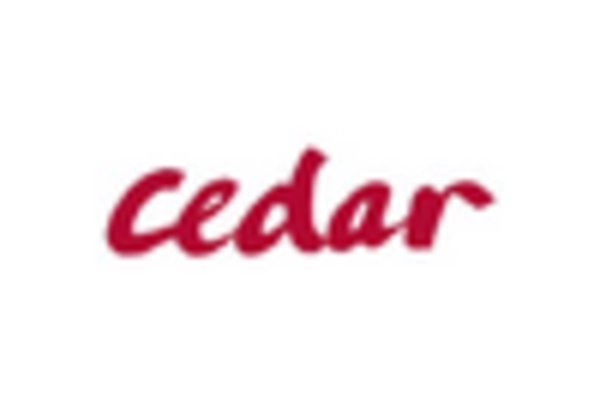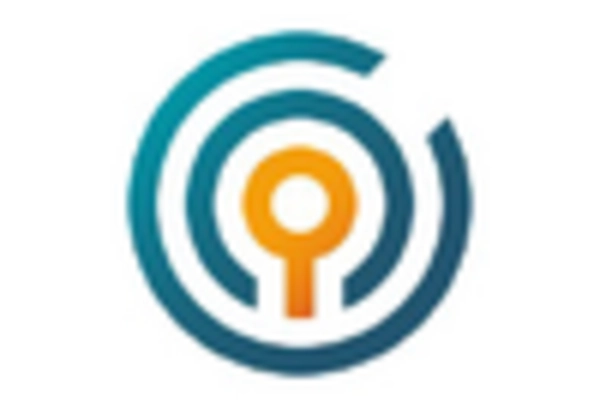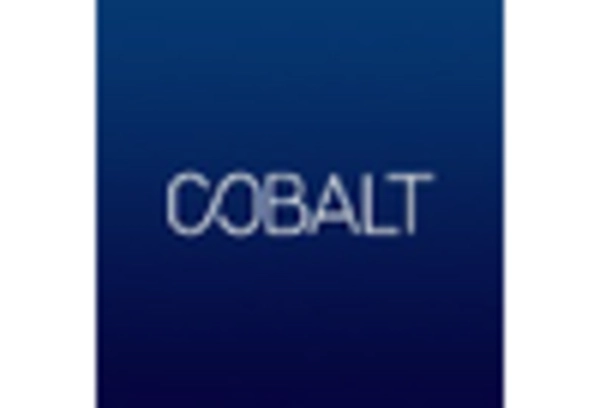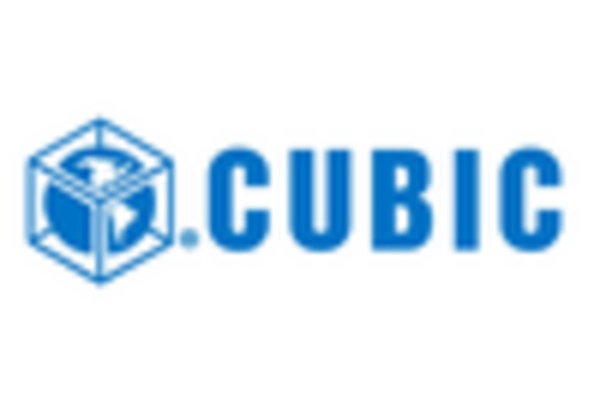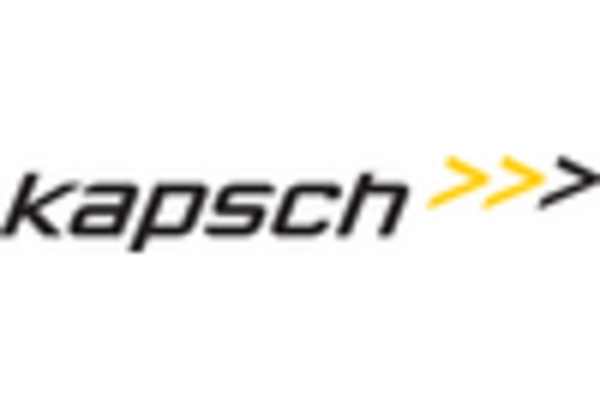Public Safety Concerns
Public safety remains a paramount concern in urban areas across Germany, driving demand for enhanced traffic signal systems. The increasing number of road accidents has prompted authorities to seek solutions that improve traffic flow and reduce collision risks. In 2025, it is estimated that traffic-related fatalities could decrease by 20% with the implementation of advanced traffic signal controllers. This focus on safety is likely to propel the traffic signal-controller market, as municipalities invest in systems that incorporate features such as pedestrian detection and emergency vehicle prioritization, ultimately aiming to create safer road environments.
Urbanization and Traffic Congestion
The rapid urbanization in Germany has led to increased traffic congestion, which is a primary driver for the traffic signal-controller market. As cities expand, the volume of vehicles on the roads rises, necessitating advanced traffic management solutions. In 2025, urban areas in Germany are projected to experience a 15% increase in traffic density. This surge in congestion compels municipalities to invest in modern traffic signal systems that can optimize flow and reduce delays. The traffic signal-controller market is thus positioned to benefit from this trend, as cities seek to implement intelligent systems that can adapt to real-time traffic conditions, enhancing overall efficiency and safety.
Government Regulations and Standards
Government regulations play a crucial role in shaping the traffic signal-controller market in Germany. The implementation of stringent traffic safety standards and regulations encourages the adoption of modern traffic signal systems. In 2025, it is anticipated that compliance with new EU directives will require municipalities to upgrade their traffic management infrastructure. This regulatory environment is likely to stimulate investments in the traffic signal-controller market, as local governments seek to meet compliance requirements while improving road safety. The market is expected to grow as municipalities prioritize the installation of advanced signal systems that align with these evolving regulations.
Investment in Smart City Initiatives
The push towards smart city initiatives in Germany is significantly impacting the traffic signal-controller market. As cities aim to enhance urban living through technology, investments in intelligent transportation systems are increasing. In 2025, it is projected that funding for smart city projects will rise by 25%, with a substantial portion allocated to traffic management solutions. This trend indicates a growing recognition of the importance of integrating traffic signal systems with other urban infrastructure. The traffic signal-controller market stands to benefit from this investment, as municipalities seek to create interconnected systems that improve traffic efficiency and overall urban mobility.
Technological Advancements in Traffic Management
Technological innovations are significantly influencing the traffic signal-controller market in Germany. The integration of artificial intelligence (AI) and machine learning into traffic management systems allows for more efficient signal control. These technologies enable real-time data analysis, which can lead to a reduction in traffic delays by up to 30%. Furthermore, the adoption of adaptive traffic signal systems is on the rise, as they can adjust signal timings based on current traffic conditions. This shift towards smarter traffic management solutions is likely to drive market growth, as municipalities aim to enhance road safety and reduce congestion through advanced signal control technologies.


